The establishment of a joint research center between AI services company Terminus Group and The Hong Kong University of Science and Technology (Guangzhou) will help promote research and the implementation of major projects in artificial intelligence and the internet of things in the Guangdong-Hong Kong-Macao Greater Bay Area, according to those involved.
The center, which was inaugurated on Tuesday in Guangzhou, Guangdong province, will integrate the research strength of the university to promote key projects including the building of platform architecture, and an operation and maintenance framework.
"Development of personalized and customized urban services will become the core part of the future digital world," said Lionel Ni, president of the university.
Ni said the development of smart cities will enable more scientific and technological applications in cities, and the interconnection of information will accelerate the regional flow of economic factors.
The center, covering about 306 square meters in the university, focuses on exploring the theoretical foundation and technical framework of personalized and customized services centered on users, according to Ni.
It will carry out three to five specific research and development projects each year.
Topics currently being promoted include trusted data architecture, intelligent management and the operating systems of charging stations, among others.
"The center will create an open international scientific and technological innovation platform, helping build a bridge for scientific and technological exchanges between the Chinese mainland and Hong Kong and attract professional talent and innovative projects in the Greater Bay Area," said Ai Yu, founder and CEO of Terminus.
Yang Yang, chief scientist of Terminus and director of the center, said "The distance between academic research and industrial application is a hidden challenge that has long constrained development of the two areas."
The center will shorten the distance between professional talent in the laboratory and industrial application, according to Yang.
"The joint research center will revolve around three aspects — construction of innovation systems, tackling technological innovation and cultivating professional talent," he said.










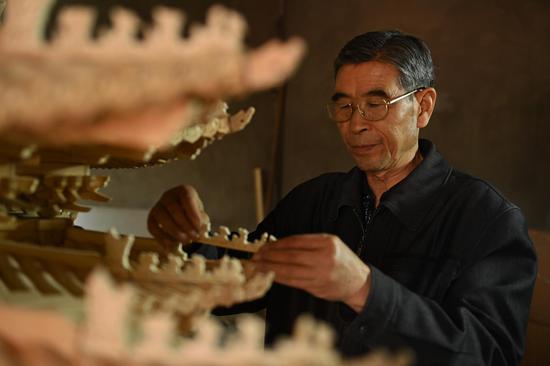

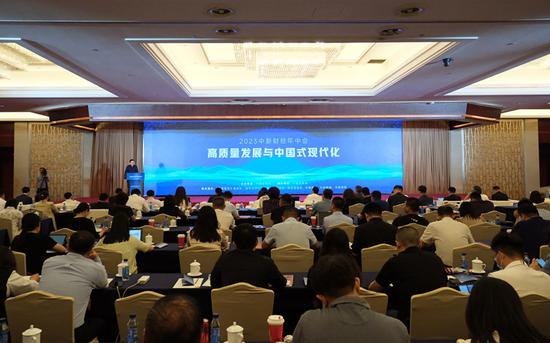




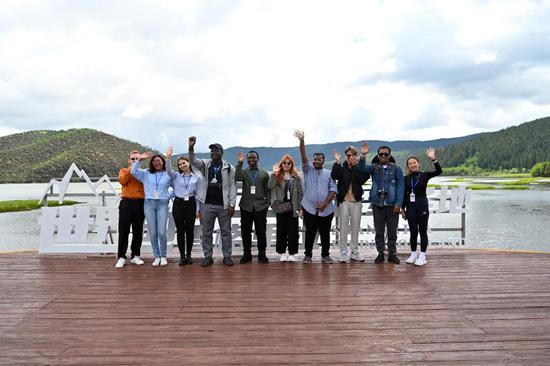

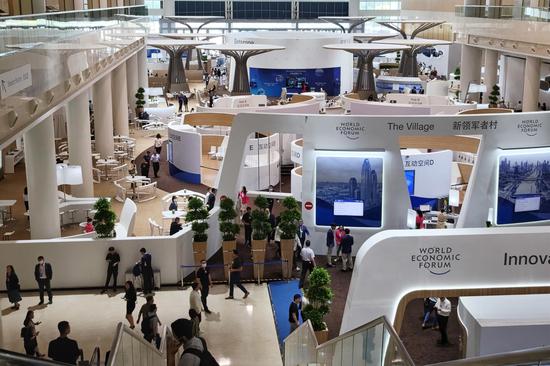

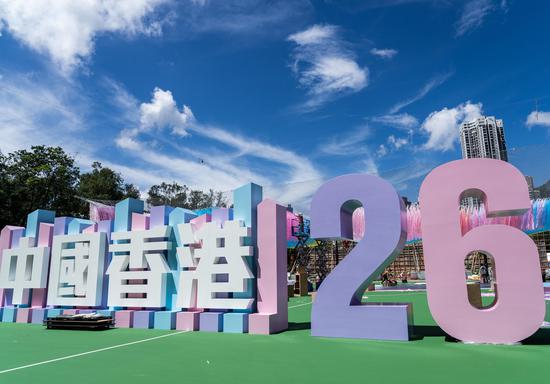



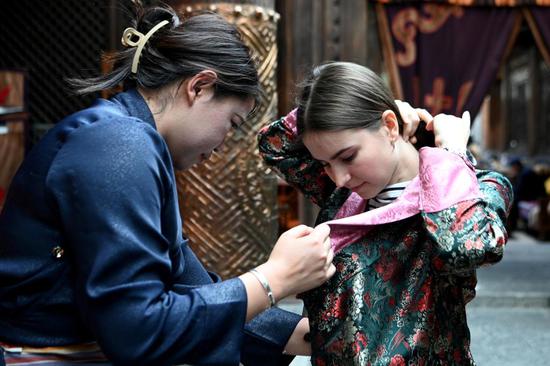

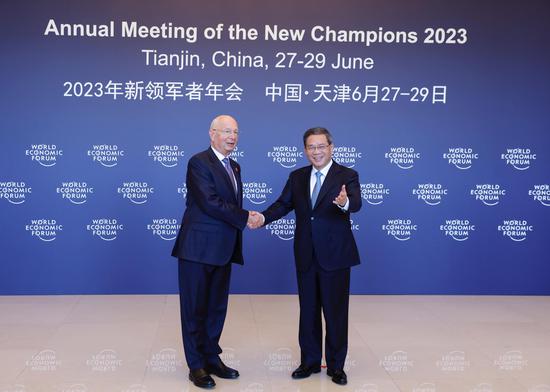
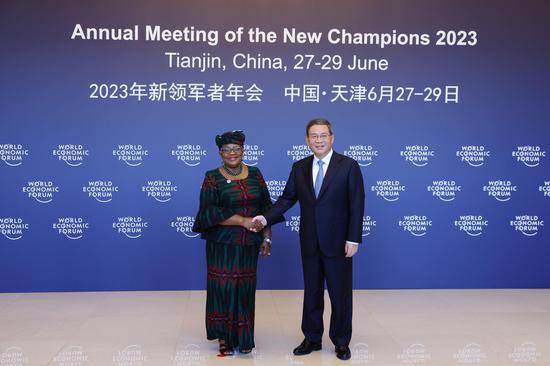
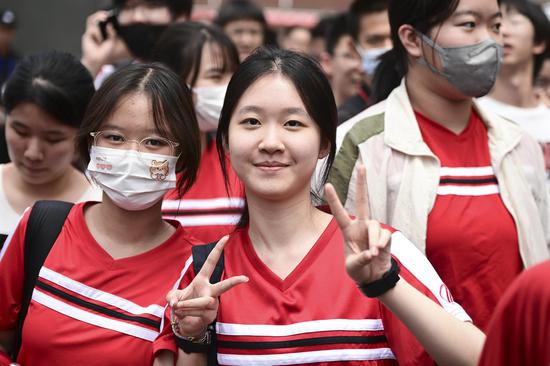




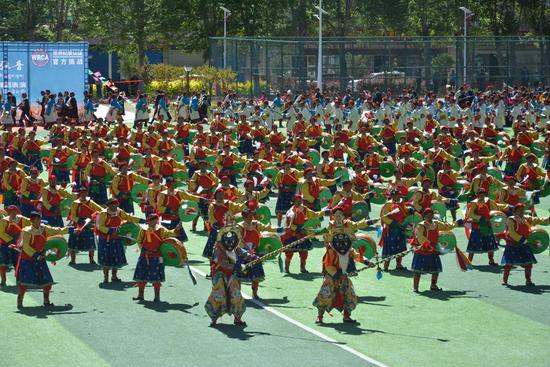

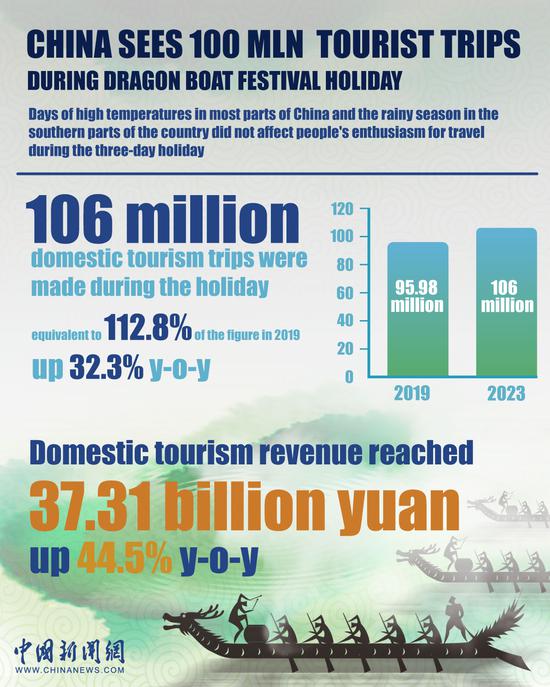













 京公网安备 11010202009201号
京公网安备 11010202009201号